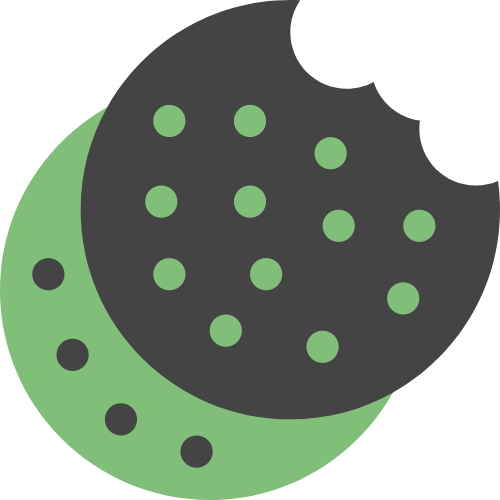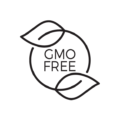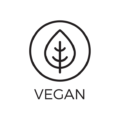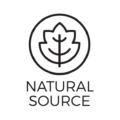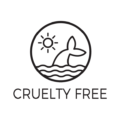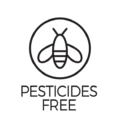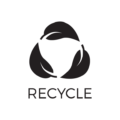- Getting Started
-
by k.mammasis
Yes, vegans are at a higher risk for iron deficiency compared to non-vegans. Iron is an essential mineral that is needed for the formation of red blood cells, which carry oxygen throughout the body. Iron is found in both plant-based and animal-based foods. The iron found in plant-based foods is called non-heme iron, while the form of iron found in animal-based foods is termed heme iron.
- Therefore, vegans need to be careful to consume enough iron-rich foods and to ensure that they are getting enough vitamin C (e.g. pomegranate), which can increase the absorption of non-heme iron. Good plant-based sources of iron include legumes (such as lentils and beans), tofu, spinach, and kale.
- Vegans may also consider taking functional foods for iron to ensure they are meeting their daily needs. It’s important to speak with a healthcare provider before taking any supplements to determine the appropriate dosage and to ensure that there are no interactions with any medications or medical conditions. Feel free to discover more rich iron foods here.
- Avoid consuming iron inhibitors. Certain compounds in foods can inhibit the absorption of iron. Avoid consuming tea, coffee, and calcium supplements at the same time as iron-rich foods, as these can interfere with iron absorption. These are some of the things to be cautious about, if you are vegans at risk of iron deficiency.

